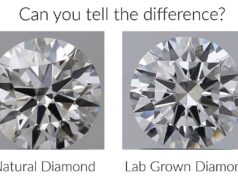When it comes to online marketing, there are two main avenues you can go down – SEO and PPC. Both have their benefits, and both are highly effective means of elevating your online business. But just how valuable is SEO to an online business? It’s a complex question, but one worth answering. In short, the answer is very! Digitalspotlight.com.au for digital marketing services.
What is a Search Engine’s Primary Function?
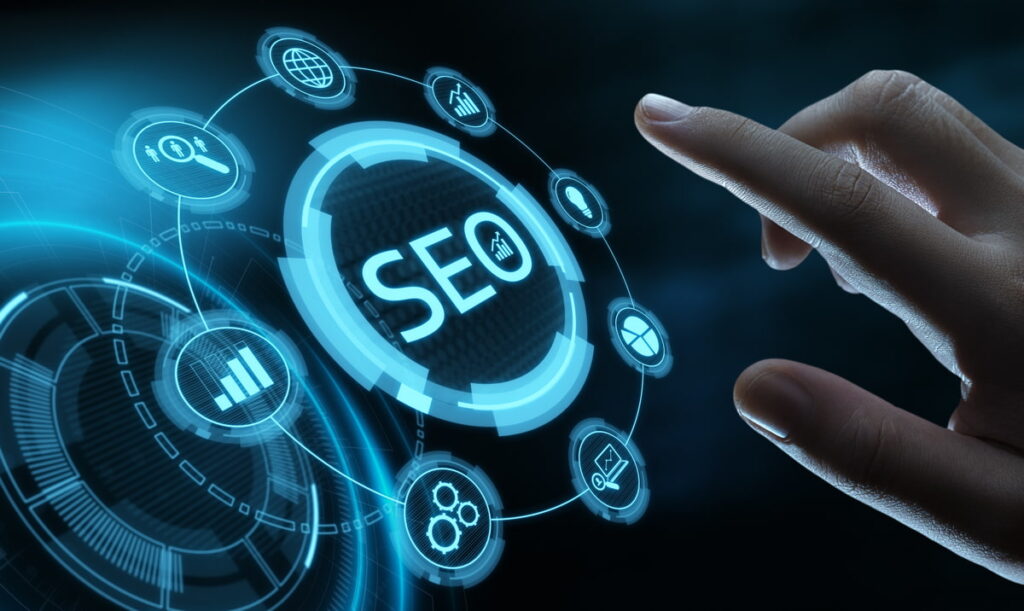
The first thing is to remind ourselves just what the aim is for any and every search engine. Their goal is to provide as close a match/solution to your query as possible. In other words, the ‘dream’ – for want of a better word – of a search engine is to automatically provide you with the information you’re after in one simple result, they don’t actually want you to have to scroll or check several results. This has become especially prominent in recent years with Google’s creation of featured snippet information. That’s that box containing information pertinent to your query that you sometimes see above all the search results. Now we’ve established the overriding purpose of the search engine, let’s look at how SEO plays into that.
What is SEO?
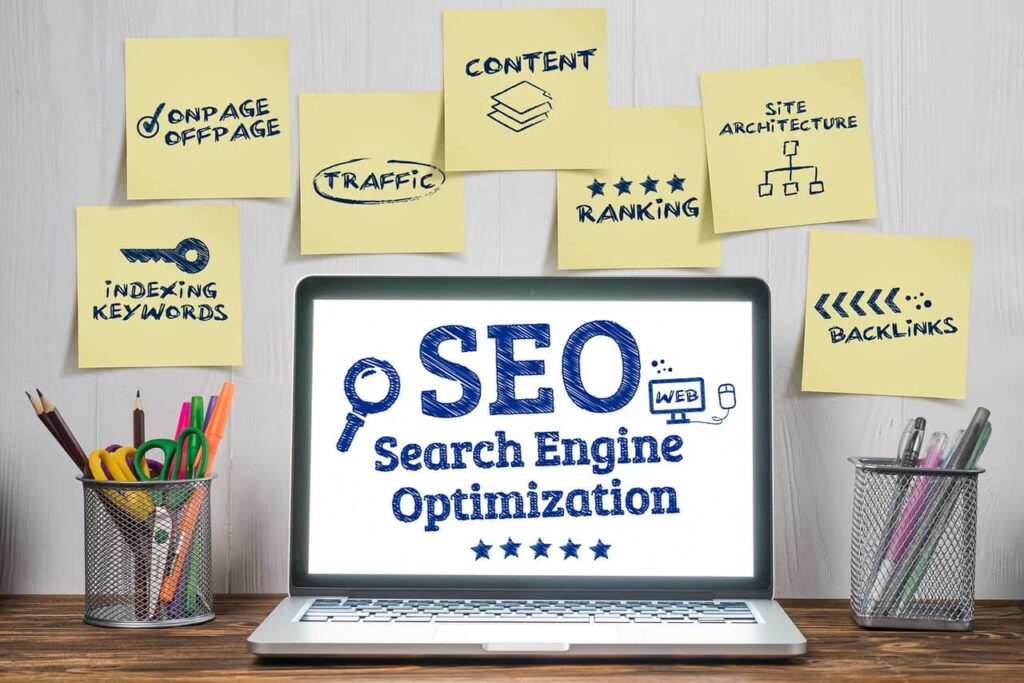
Search Engine Optimisation (more commonly known as SEO) is the process by which a website is improved (both technically and in terms of its content) so that it ranks more highly on the SERPs (Search Engine Results Pages) of major search engines – predominantly Google. Browsers decide where websites rank based on a website’s expertise, authority and trustworthiness. They use something known as ‘spiders’ to ‘crawl’ a website according to certain algorithms.
The better those spiders (or ‘crawlbots’) can crawl a website, and the more its content falls under the algorithm’s requirements, the better a website will then rank on the browser’s SERPs. So you can already see how valuable SEO is to an online business, because better SEO means greater visibility for a company – and greater visibility for a company? Well, that’s when you begin to translate into sales and conversions.
How Does SEO Differ From PPC?
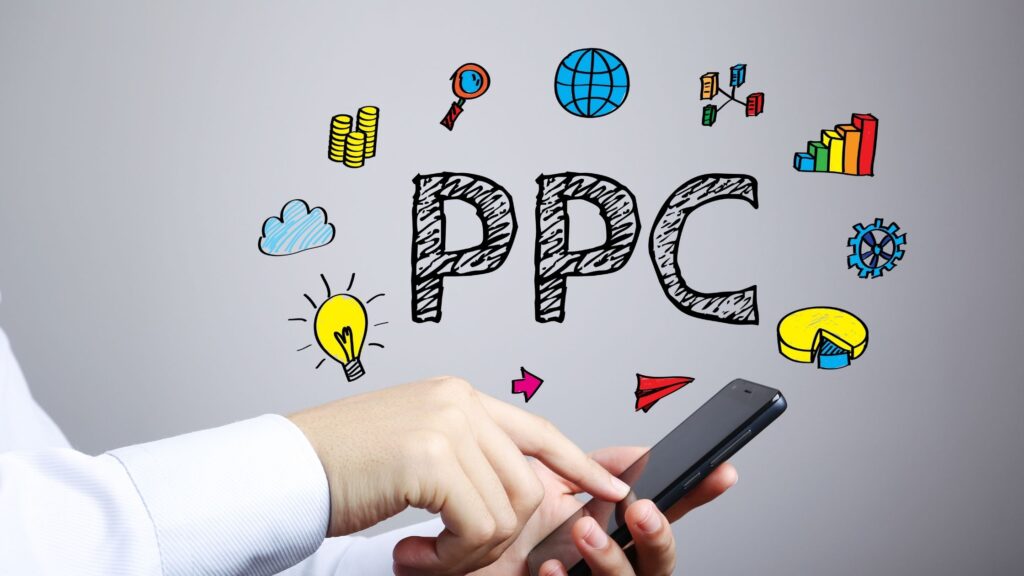
When you utilise an Adwords agency to carry out some PPC advertising/marketing for you, you’re using a form of paid marketing. SEO, on the other hand, revolves around the generation of organic web traffic. PPC can offer you quick wins, and the more money you channel into it, the more successful you can be. With SEO, by contrast, it should be used more with a view towards the longer-term progression of a business. But whilst it might take longer to generate a tangible ROI, what’s not in question is that it will.
Just Why Do I Need SEO?
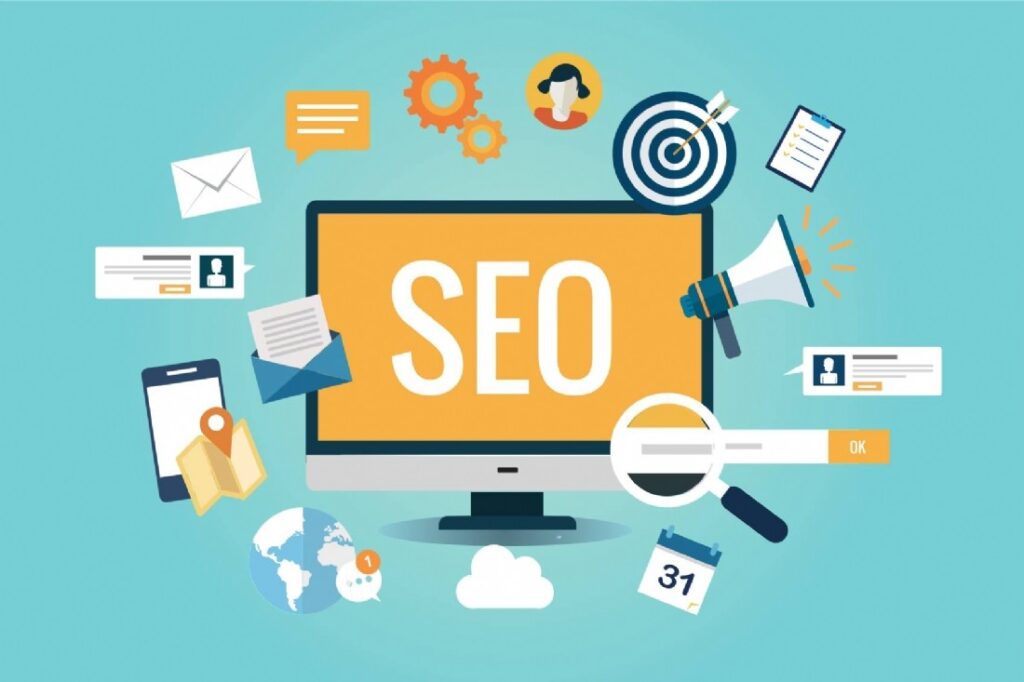
If you’ve ever looked online for a service, product or piece of information, ask yourself how many of those times have you ended up looking past the first page on the results page? The chances are – not very many. All businesses – and not just online businesses – need to understand the importance of SEO, otherwise they’ll find themselves sitting down in the depths of a web browser’s rankings, with virtually no chance of ever being seen by potential customers.
That’s clearly a tangible benefit – the increased website traffic – but there’s also an intangible benefit to using SEO services, too; reputation. To rank within the top three (preferably first) for a search query displays an unquestionable trustworthiness. The higher you appear on a browser’s SERP, the more likely people are to trust you from the off. Conversely, the lower down you rank on a SERP, the more you’re going to have to do to earn a visitor’s trust.
Some Surprising SEO Statistics
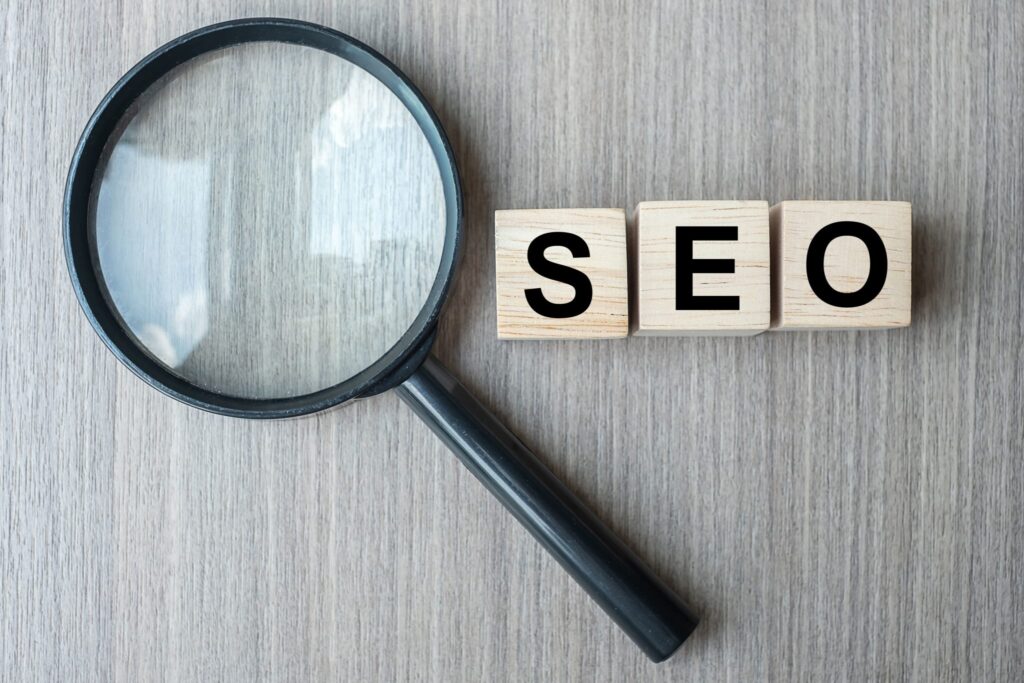
If you’re the sort of person who likes stats and facts, then read on for some SEO statistics that’ll show you just how valuable SEO is to an online business. Looking first, then, at just how giant the online arena now is, we see that in 2023 there have already been over 350 billion searches. In terms of lead conversion, SEO can offer conversion rates of almost 15%. Although that might at first seem quite low at first, that’s actually around 8 times greater than the lead conversion of traditional marketing methods.
Organic Vs Technical SEO

SEO is a multi-faceted discipline, the individual areas of which each have their own complexities, quirks and nuances. Organic SEO processes refer to a website’s content; this might be its articles and blog posts, and the copy on each of its pages. Technical SEO processes revolve around getting a website running as smoothly as possible, and configuring the site in as SEO-friendly a way as possible. Organic SEO processes include keyword optimisation, optimising meta titles and descriptions, and adding alt text to images. Technical SEO processes include removing ‘dead’ or ‘broken’ links, improving internal linking structure and carrying our regular technical site audits.
SEO is Complex, Changeable and Often Confusing
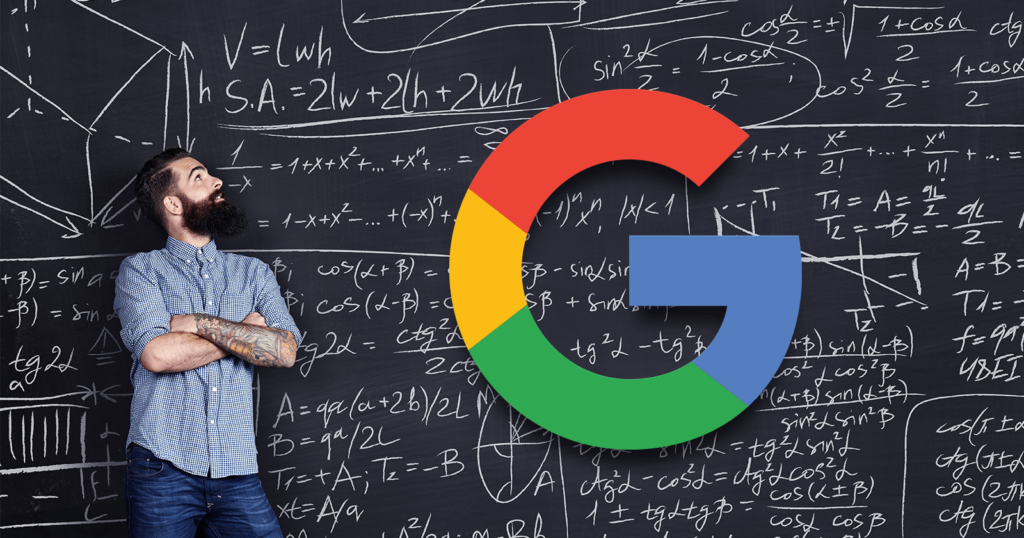
SEO is incredibly valuable to an online business, but it’s important you implement the right processes and methods. SEO isn’t just a quick fix sort of discipline – far from it. It requires well thought-out, concerted and continuous work, especially given that the algorithms which determine SEO value undergo changes every day – with at least one major update (also known as a core update) taking place once every three months or so. Alongside those core updates, it’s thought that there are somewhere between 500 and 600 more minor algorithm changes every year, and it takes seasoned SEO professionals to keep on top of that kind of flux.
The point being that just because you understand the importance of SEO for your business, that doesn’t mean you should just jump in gung-ho without thinking, because in actual fact that can do more harm than it can good; what you knew to be a good SEO practice from your quick spell of online research, might actually be an outdated practice which is now marked down upon.


